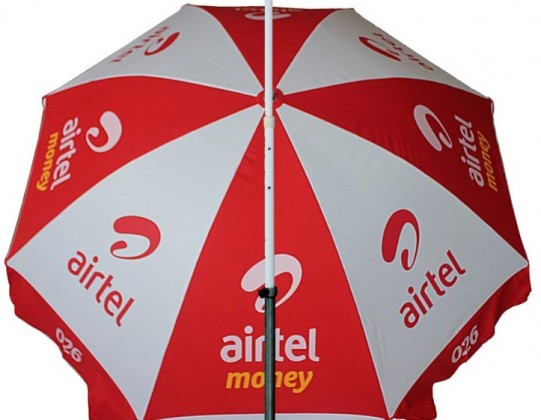
Fitch Ratings has listed a slew of benefits to Sunil Mittal promoted Bharti Airtel by the acquisition of the loss making mobile services business from Tata Teleservices (TTSL) in a no-cash deal.
First, Airtel is not spending any single money to acquire the costly spectrum and 40 million wireless users of Tata Teleservices. Airtel will not even absorb the $6.2 billion on-balance sheet debt from TTSL.
Second, Airtel will get millions of high ARPU customers from TTSL especially in key cities such as Delhi, Bangalore and Mumbai. But the addition of another 40 million users will not assist Airtel to continue as the number one telecom operator post the completion of Idea-Vodafone deal.
Third, credit profile of Airtel will improve slightly as it is paying no consideration for the operations, which it would acquire free of debt.
Fourth, benefits from additional spectrum, fibre assets and subscribers will more than offset the additional spectrum liabilities.
Fifth, the deal would help arrest the decline in the EBITDA of Airtel and bolster its 4G spectrum portfolio and network position.
Tata Telecom will exit the consumer mobile segment, avoiding future investment requirements and potential further losses.
Sixth, revenue and EBITDA of Airtel is expected to recover in FY 2019 with a growth of 3 percent-5 percent after a decline by at least 5 percent in FY 2018. FY18 financial performance will be affected by intense price competition and lower mobile termination rates.
Seventh, the telecom regulator TRAI’s decision to allow deferred spectrum liabilities to be paid over 16 years instead of 10 years will improve cash flows for all telecoms, including Bharti Airtel.
Eighth, Airtel will gain about 178.5 MHz of spectrum in the 850MHz, 1800MHz and 2100MHz bands in 17 Indian telecom coverage areas.
Airtel will have the right to use Tata Telecom’s fibre network.
Fitch Ratings said the consumer mobile business of Tata Telecom generated revenue of around $1.1 billion – $1.2 billion and a small EBITDA profit in FY 2017, compared with Airtel’s revenue of $14.7 billion and EBITDA of $5.4 billion.
Tenth, Airtel’s revenue market share will increase by 4pp-5pp to around 37 percent-38 percent.
Airtel will take over a small part of Tata Telecom’s deferred spectrum liabilities of $1.5 billion. This will not result in any other increase in debt at Bharti Airtel.
Tata Telecom will retain its enterprise business, retail fixed-line and broadband businesses, along with its stake in tower operator Viom Networks.
Reliance Jio has about 129 million customers, though its investment of $29 billion has been massive. Its aggressive pricing strategy means that its revenue market share of 4 percent-5 percent is much lower than its subscriber market share but this will rise to more than 10 percent by 2018.





